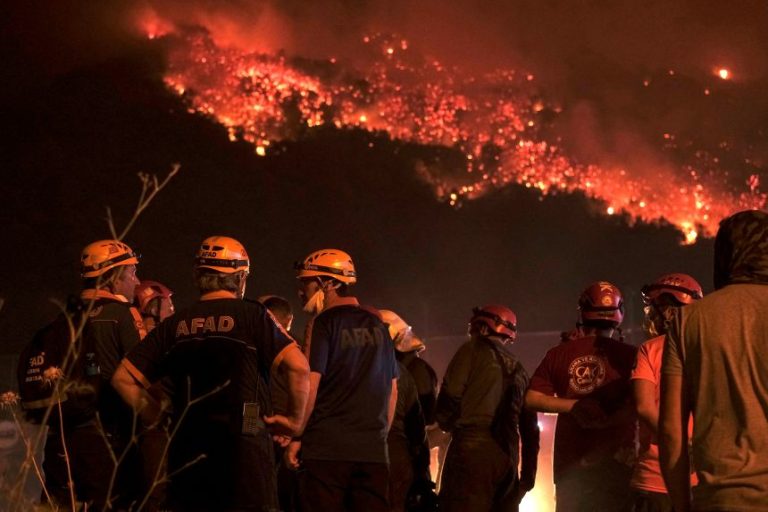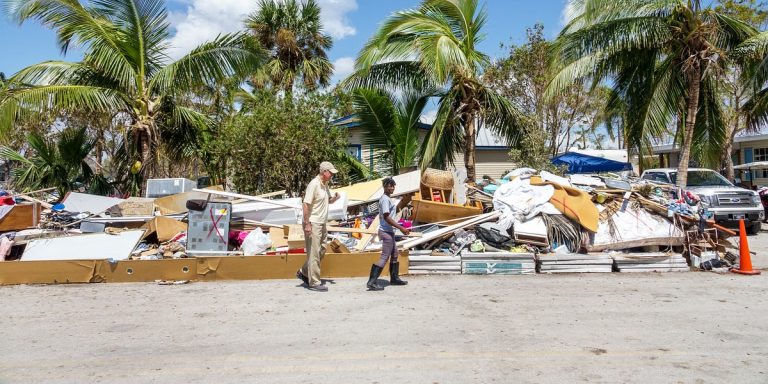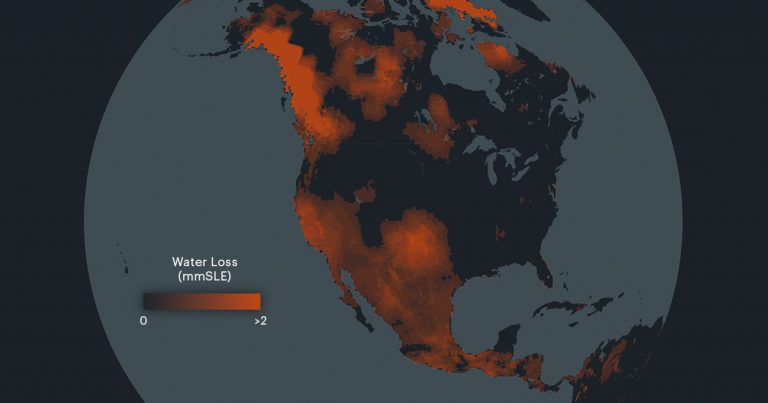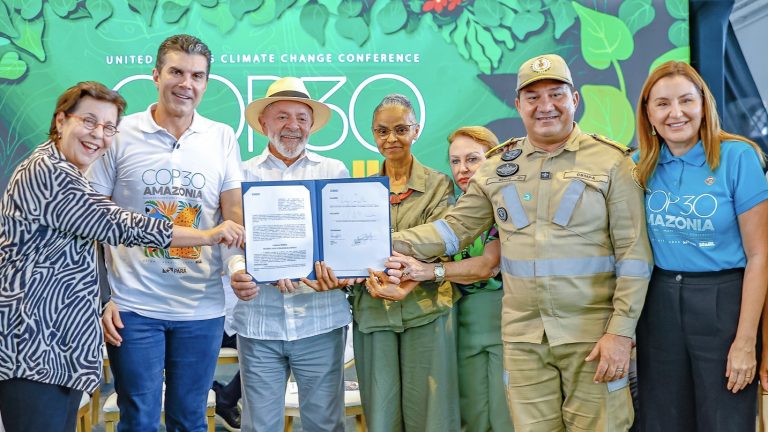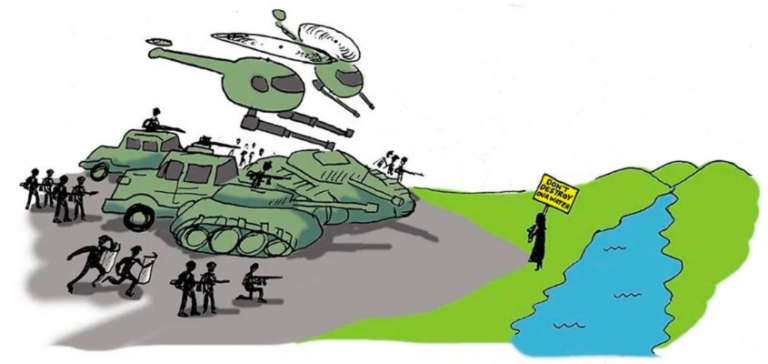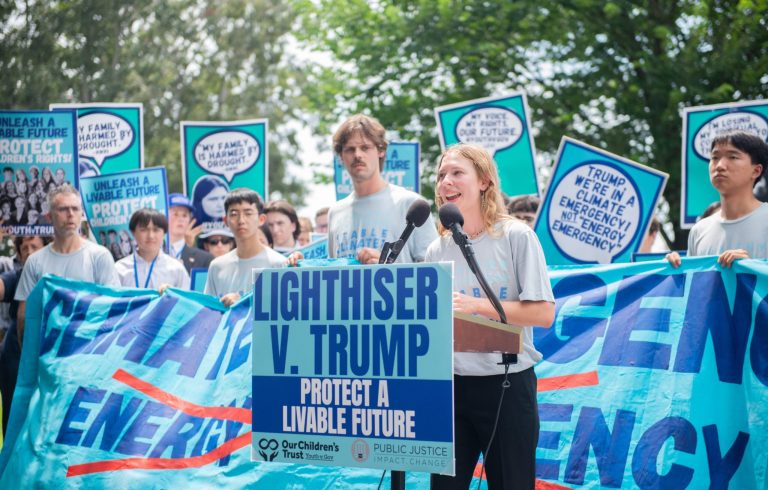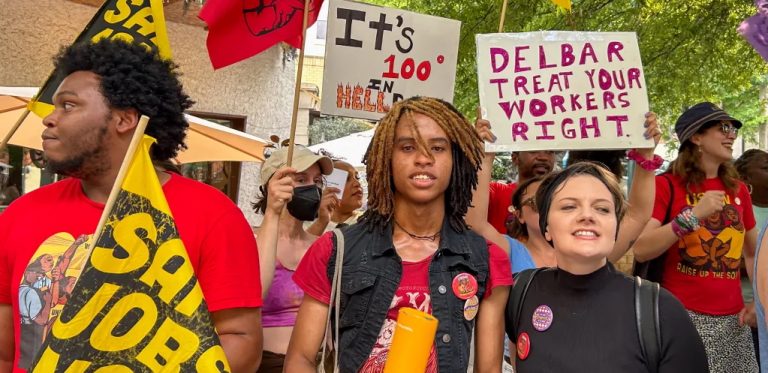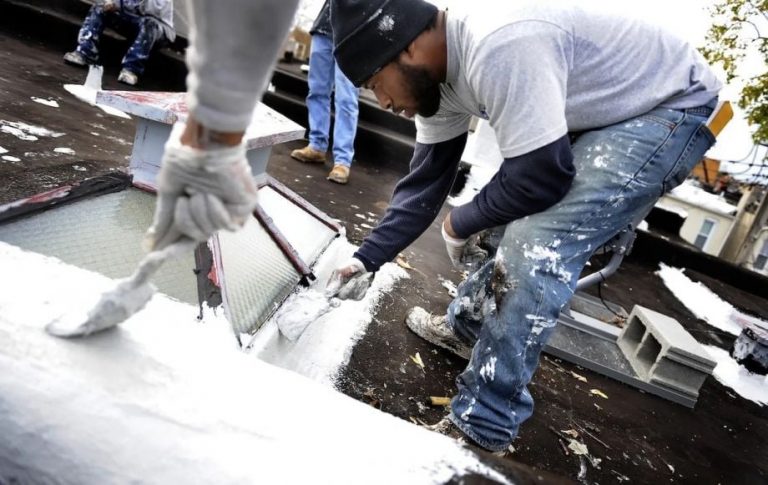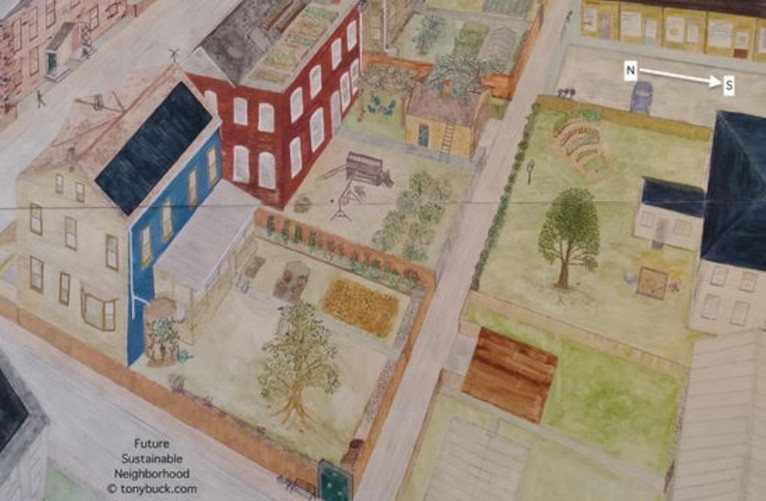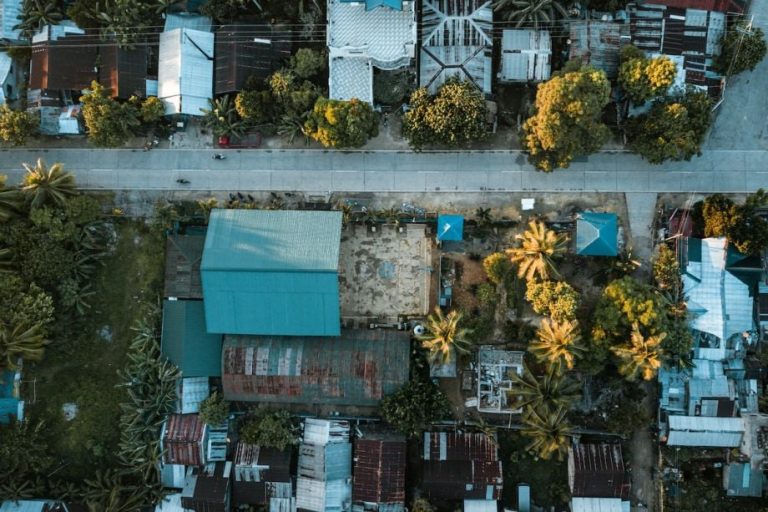Wildfire ‘Apocalypse’ In Türkiye; Temperature Rises To Record 122.9º F
Türkiye is facing “apocalyptic” wildfires according to one official in the northwest Bursa region. Temperatures in central Anatolia hit an unusual 108.32º F [42.4º C.]. But the record-breaking temperature was recorded in the southeastern town of Silopi — of 122.9º F. [50.5º C.] — in the largely Kurdish Şırnak province. Although the very highest temperatures were elsewhere, it was so hot and dry in northwestern Turkey south of Istanbul that massive fires broke out at Bursa and elsewhere in that region, causing thousands of people to flee their homes.

